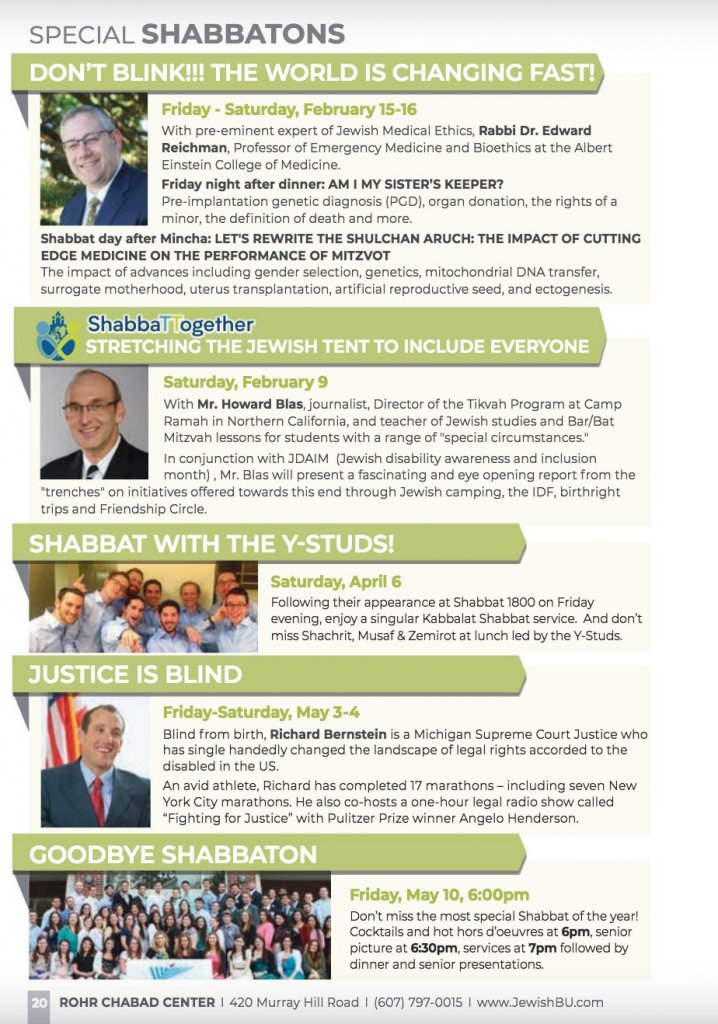Original Article in The Jerusalem Post:
Omri Casspi’s Memphis Grizzlies came to town to square off against the struggling New York Knicks team in a Sunday matinée game at Madison Square Garden. Casspi did not travel to New York with the team.
After missing four games with right knee soreness, the Grizzlies announced over the weekend that an MRI revealed a meniscus tear for the 30-year-old Israeli forward. In a pre-game interview Sunday with The Jerusalem Post, Grizzlies head coach J.B. Bickerstaff confirmed that Casspi will undergo surgery but reports, “I don’t know yet when the surgery will be.”
Bickerstaff and several team members spoke glowingly of Casspi as both a reliable player and important role model and remain optimistic about his return.
While Casspi has only averaged 6.3 points and 3.2 rebounds in his 36 games this season, the 30-year-old, drafted by the Sacramento Kings in the first round of the 2009 NBA draft, has played an important role on eight NBA teams over 10 seasons.
Coach Bickerstaff described Casspi as “the ultimate professional.” He noted that “Casspi is a guy you can count on whether you play him 10 minutes or 25 – you know he will play extremely hard. He will give you energy. Being dependable in this league is huge.”
Teammates Garrett Temple, JaMychal Green, Yuta Watanabe and Justin Holiday shared their coach’s affection for Casspi. They spoke with the Post in the Grizzlies locker room prior to tip-off. Temple, an eight year guard who was involved in a reported recent altercation with Casspi, had only positive things to say about his teammate.
“Omri was always ready, always a professional. He is a guy that, when he plays, he plays really hard and was able to get some easy baskets in the open court. He is a great rebounder. We will miss his ability to come in and impact the game right away, off the bench.”
Green, a fourth year player, commented that Casspi brings “a lot of things other players don’t have right now,” including his slashing ability and the energy he brings to the team. “We are definitely going to miss him.”
Casspi has been a good friend and source of support to several foreign players on the team including Watanabe, of Japan.
“He is a great guy, a great player and he helps us with a lot of energy,” said Watanabe.
He notes that Casspi’s years of experience in the league made him a calming presence, and Casspi regularly speaks with him after games.
“He’s a cool guy, nothing too crazy,” offered guard Justin Holiday. “He’s a veteran guy, he has been around and played the game for a while. He knows how to win and when he is on the floor, there is an energy. He brings aggressiveness to the game, He is obviously very important to this team. At times, he has been a very good spark for us, coming off the bench – so not having him is a big blow for us. We are praying that everything goes well for him.”
Despite the Grizzlies’ 96-84 victory over the Knicks, they are likely to miss Casspi’s energy and court smarts as the season progresses. Bickerstaff added: “We’re going to miss him, obviously. It is disappointing anytime you have in injury like that when you expect to miss that amount of time. But knowing Omri, he will work his tail off and be ready to go.”
Casspi is no stranger to missed games due to injuries and illness. This season alone, Casspi has missed games due to right knee soreness (four games in January), illness (one game in December and one in January), knee soreness (one game in November) and right thigh soreness. Last season, Casspi missed games in the months of October, December, January and March due to sprained ankles, strained back, and back soreness. His injuries ultimately led to his being waived last April and not playing in the championship games for the Golden State Warriors.
In February, 2017, Casspi, who was on his second stint with the Sacramento Kings, and DeMarcus Cousins, were traded to the New Orleans Pelicans. In his only game for the Pelicans three days later, he broke his right thumb after scoring 12 points in a 129-99 loss to the Houston Rockets. Casspi was waived by the Pelicans a few days later after being ruled out for four to six weeks.
Casspi’s torn meniscus is a disappointing setback as he has been a recent asset to the Grizzlies. He averaged 11.8 points per game with 4.0 rebounds, 1.7 steals and 24.7 minutes per game over his six appearances prior to getting hurt.
With the Grizzlies far from playoff contention, is unclear whether Casspi will see action again this season and whether this recent injury will impact on his NBA career. Recovery time for an uncomplicated meniscectomy is often six weeks; return to sports after a meniscus repair surgery can take three to six months.
The questions now is whether Casspi be able to return to his pre-injury form?
“It really depends,” says Manhattan physical therapist, Dr. Jennifer Schlinger. “Ten years in the NBA already is a lot of wear and tear on the knees, so I wonder how much damage there is and the extent of the surgery he needs.”
Schlinger is both cautiously optimistic and a bit uncertain.
“Meniscus surgery can range, but is usually relatively minor with definite return to sport after –but of course the NBA is an entirely different level. I would say he will probably get back to playing after following intense rehabilitation and physiotherapy, but the longevity of his career may be limited.”





